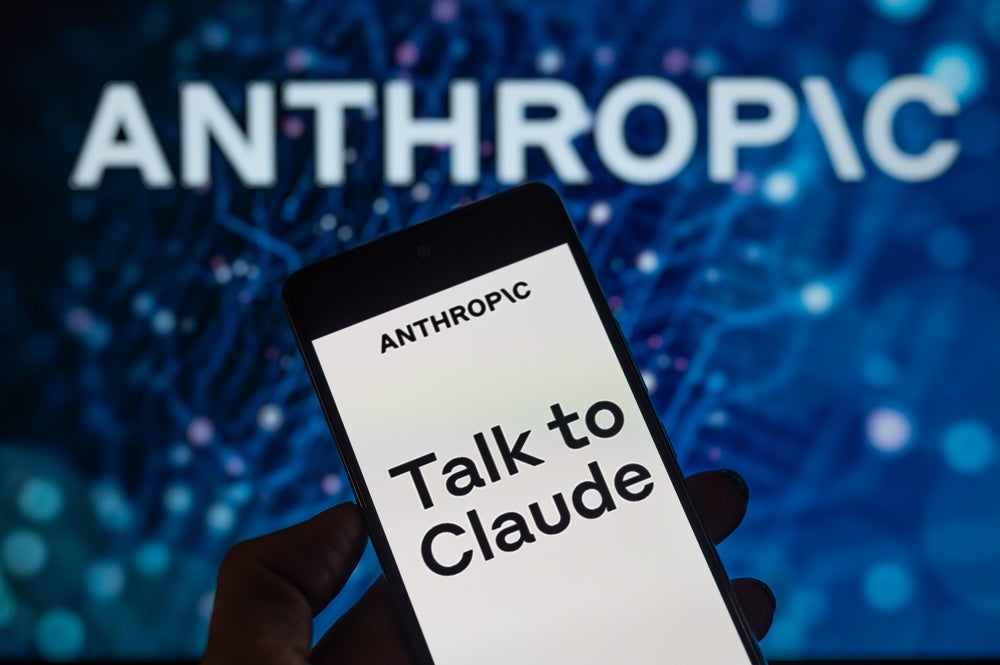
Anthropic has formed a strategic five-year partnership with Databricks to integrate its AI models, including the Claude 3.7 Sonnet model, into Databricks’ Data Intelligence Platform.
This collaboration aims to offer advanced AI capabilities to more than 10,000 companies, enabling them to build and deploy AI agents that reason.

Access deeper industry intelligence
Experience unmatched clarity with a single platform that combines unique data, AI, and human expertise.
The Claude 3.7 Sonnet model, a hybrid reasoning model, is now accessible via Databricks on AWS, Azure, and Google Cloud Platform.
This integration addresses the challenge enterprises face in deploying AI agents that meet production-level accuracy, security, and access control requirements.
Anthropic CEO and co-founder Dario Amodei said: “At Anthropic, we’re watching AI transform businesses right now – not as some future promise.
“This year, we’ll see remarkable advances in AI agents capable of working independently on complex tasks, and with Claude now available on Databricks, customers can build even more powerful data-driven agents to stay ahead in this new era of AI.”

US Tariffs are shifting - will you react or anticipate?
Don’t let policy changes catch you off guard. Stay proactive with real-time data and expert analysis.
By GlobalDataFurthermore, Databricks Mosaic AI provides tools to build domain-specific AI agents on unique organisational data, ensuring accurate results with end-to-end governance across the data and AI lifecycle.
Anthropic’s Claude models optimise for real-world tasks, enhancing the utility for customers.
Under this partnership, the companies aim to deliver solutions for developing, evaluating, deploying, and governing agentic applications.
Databricks co-founder and CEO Ali Ghodsi said: “As demand for data intelligence grows, our partnership with Anthropic allows enterprises to unlock the full potential of their data through AI.
“We are bringing the power of Anthropic models directly to the Data Intelligence Platform—securely, efficiently, and at scale—enabling businesses to build domain-specific AI agents tailored to their unique needs. This is the future of enterprise AI.”
The latest development comes after Anthropic secured an initial legal victory in a copyright dispute brought by several music publishers, after a US federal judge declined to impose a preliminary injunction that would have restricted the company’s use of copyrighted lyrics for AI training purposes.







